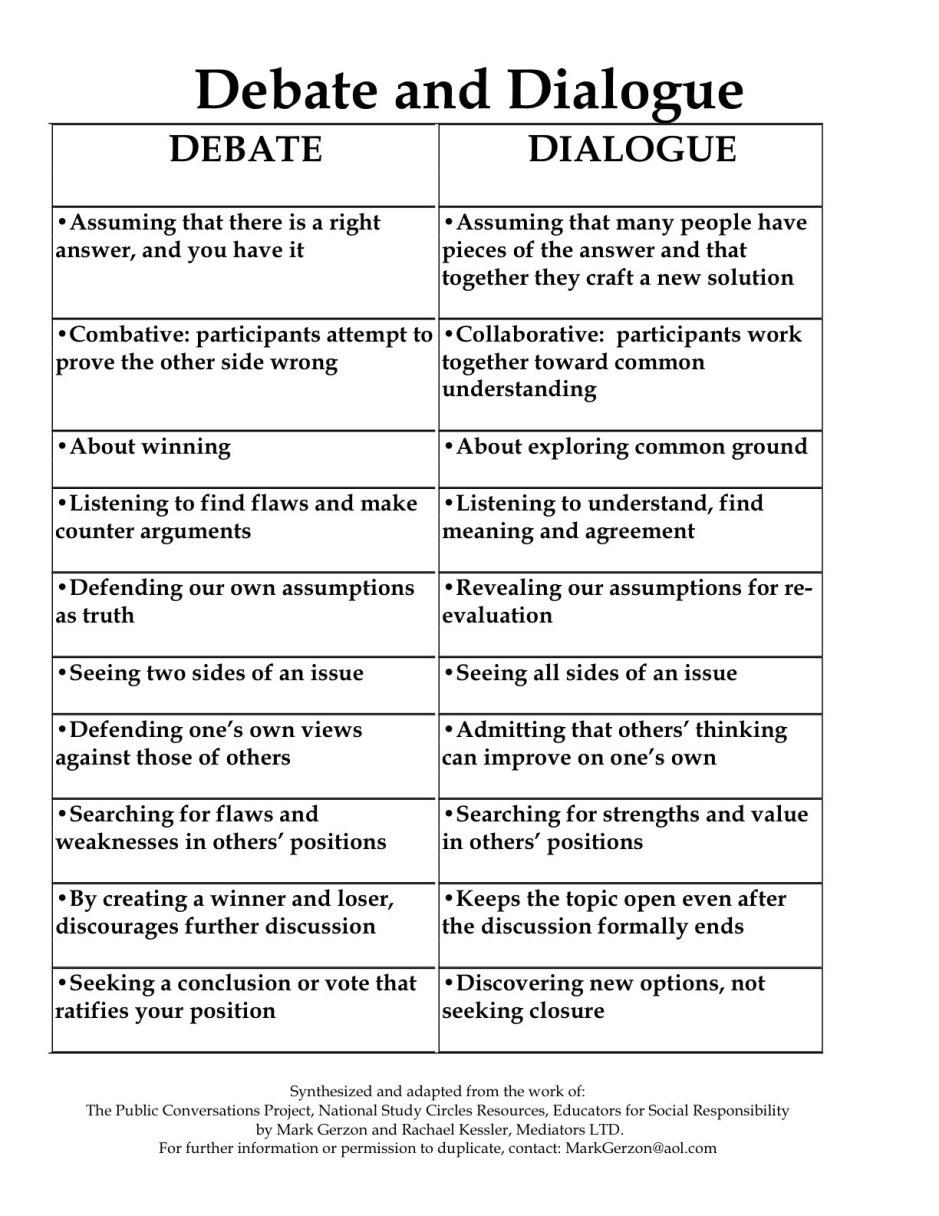An argument is a set of statements, called premises, that are used to support a conclusion. In order for an argument to be sound, the premises must be true and the conclusion must logically follow from the premises. However, even if an argument is not sound, it may still be persuasive. This is because arguments can be weakened by a variety of common weaknesses.
One common weakness in arguments is the use of false or misleading premises. If the premises of an argument are not true, the argument is automatically unsound, regardless of how well the conclusion follows from the premises. For example, if an argument for the existence of God relies on the premise that all things must have a cause, and this premise is false, the argument is unsound.
Another common weakness in arguments is the use of overly broad or narrow premises. If the premises of an argument are too broad, the argument may be vulnerable to counterarguments based on exceptions to the rule. For example, an argument that all politicians are corrupt is unsound because it is based on an overly broad premise that is not supported by the evidence. On the other hand, if the premises of an argument are too narrow, the argument may not be able to support the conclusion. For example, an argument that all politicians are corrupt because one politician was corrupt is unsound because it is based on an overly narrow premise.
A third common weakness in arguments is the use of faulty logic. If the conclusion of an argument does not logically follow from the premises, the argument is unsound. For example, an argument that all people who wear glasses are intelligent is unsound because the conclusion does not logically follow from the premise.
Finally, an argument can be weakened by the use of emotional appeals or ad hominem attacks rather than logical reasoning. While these tactics may be effective at persuading people, they do not contribute to the soundness of the argument.
In conclusion, common weaknesses in arguments include the use of false or misleading premises, overly broad or narrow premises, faulty logic, and the use of emotional appeals or ad hominem attacks. It is important to be aware of these weaknesses and to critically evaluate arguments in order to make informed decisions.





